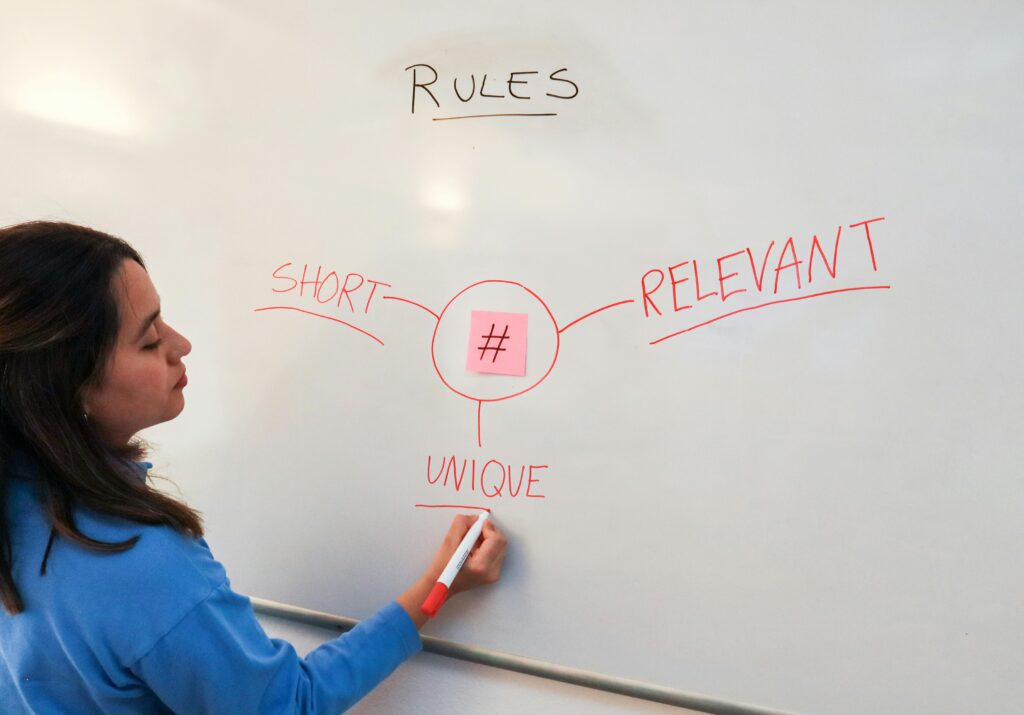Effectively Listing Skills on Your CV: Best Practices

Table of Contents
Crafting a compelling CV can be the key to landing your dream job. Among the myriad components that make up a CV, the way you list your skills stands out as particularly crucial. But how do you ensure that your skills on CV resonate with potential employers and align with the job requirements? This guide offers best practices for effectively listing skills on your CV, maximizing impact and employability.
The Importance of Skills on Your CV
Skills serve as the bridge between your professional experience and the requirements of the job you are applying for. A well-optimized skills section can:
- Capture Attention Quickly: Recruiters typically scan CVs to identify relevant skills before delving into work history.
- Support Keywords in Job Descriptions: Incorporating skills that match those specified in the job description can boost your chances of getting past Applicant Tracking Systems (ATS).
- Demonstrate Fit: Clearly listing your skills highlights how you can contribute to the potential employer’s needs, reinforcing your candidacy.
Whether you are a recent graduate entering the job market or an experienced professional looking to pivot your career, your skills are your selling points.
Identifying Relevant Skills

Hard Skills vs. Soft Skills
Before you craft the skills section of your CV, distinguish between hard skills and soft skills:
Hard Skills: These are specific, teachable abilities measurable through education, certifications, or experience. Examples include software proficiency, foreign languages, and technical skills relevant to your field.
Soft Skills: These encompass interpersonal attributes and traits, such as communication, teamwork, and adaptability, which are often harder to quantify.
To ensure you cover both types of skills effectively:
- Review the job description for required hard and soft skills.
- Reflect on your past experiences and identify skills that you have developed.
- Consider using tools like LinkedIn or job boards to see what skills are commonly sought after in your industry.
Crafting a Skills Inventory
Once you have identified the relevant skills, create an inventory that can include:
- Technical skills relevant to your profession (i.e., programming languages, software tools)
- Interpersonal skills that demonstrate your teamwork and communication abilities
- Management or leadership skills that highlight your capacity to lead projects or teams
Best Practices for Listing Skills on Your CV

Create a Dedicated Skills Section
Placement and Format
The way you format your skills section can significantly impact readability. A dedicated skills section should be placed prominently, usually after your professional summary or experience section. Use concise bullet points or a simple table format:
Example Skills Section:
Technical Skills:
- Proficient in Python, JavaScript, and SQL
- Experience with Adobe Creative Suite and SEO tools
Interpersonal Skills:
- Strong verbal and written communication
- Proven ability to work in diverse teams
Tailor Your Skills to Each Job Application
Don’t use a one-size-fits-all approach for your skills section. Aim to tailor the skills listed to match the specific role you are applying for. Here’s how:
- Examine Job Descriptions: Identify the key skills mentioned in the job listing.
- Select Relevant Skills: Choose from your skills inventory those that align most closely with the job requirements.
- Use Actionable Language: If appropriate, frame your skills with context. For example, instead of just stating “Project Management,” you might elaborate with “Project Management: Led a cross-functional team of 10 on a successful product launch.”
Quantify When Possible
Whenever you can, quantify your skills with specific outcomes:
- “Increased sales by 20% through effective negotiation strategies.”
- “Improved project delivery times by 30% via agile methodologies.”
Quantification provides tangible proof of your skills and their impact, making them more credible and compelling.
Consider Using Industry-Specific Keywords
To enhance your CV’s discoverability, incorporate industry-specific keywords into your skills section. For example:
- In IT or software development roles, keywords could include “Full Stack Development,” “Cloud Computing,” and “DevOps.”
- In marketing, terms such as “SEO Optimization,” “Content Marketing,” and “Analytics” are relevant.
Doing so not only improves your CV’s SEO for online job applications but also ensures it resonates with hiring managers.
Outlining Soft Skills on Your CV

Incorporating soft skills necessitates a slightly different approach. Instead of merely listing them, demonstrate them within your work experience and achievements:
For example, rather than stating “Excellent communication skills,” you could write:
“Delivered presentations to clients, successfully improving client retention rates by 15%.”
This technique offers context to your claims and validates your soft skill proficiency.
Avoid Overused Buzzwords
While it’s important to showcase your soft skills, refrain from clichés or vague terms such as “hardworking” or “team player.” Instead, back up your claims with specific examples that illustrate how you have embodied these characteristics in a professional setting.
Example of a Full Skills Section on a CV
Here’s a concise example that combines both hard and soft skills effectively:
Skills:
Technical Skills:
- Programming: Java, C#, SQL
- Web Development: HTML, CSS, JavaScript
- Digital Marketing: SEO, PPC Campaign Management
Soft Skills:
- Leadership: Led a team of five in a project, enhancing collaboration and efficiency.
- Communication: Presented quarterly reports to senior management, translating complex data into actionable strategies.
Common Mistakes to Avoid
1. Overloading Your Skills Section
While showcasing your skills is critical, avoid the temptation to list every skill you possess. Quality over quantity is key. Prioritize those skills that are most relevant to the job.
2. Failing to Customize Your Skills Section
Using the same skills section for every application can diminish your CV’s effectiveness. Always modify your skills in response to the job description to reflect how you uniquely fit the position.
3. Ignoring the ATS
If applying online, remember that many companies use Applicant Tracking Systems to filter CVs. Ensure your skills align with the keywords in the job posting, using exact phrases where possible.
Conclusion
In an ever-competitive job market, effectively listing your skills on your CV can significantly enhance your chances of securing that coveted interview. By identifying relevant skills, tailoring your content, and incorporating proof of your capabilities, you can present a compelling case for your candidacy.
Final Thoughts
Now that you understand the best practices for listing skills on your CV, take a moment to review your current CV. Apply these insights to craft a skills section that stands out to potential employers.
What skills do you consider your strongest? Are there any that might need further development? Share your thoughts in the comments below or connect with us for further tips on optimizing your CV!
If you found this guide helpful, consider subscribing to our newsletter for more expert advice on job applications, resume writing, and career development. Always stay ahead in your job search journey!



